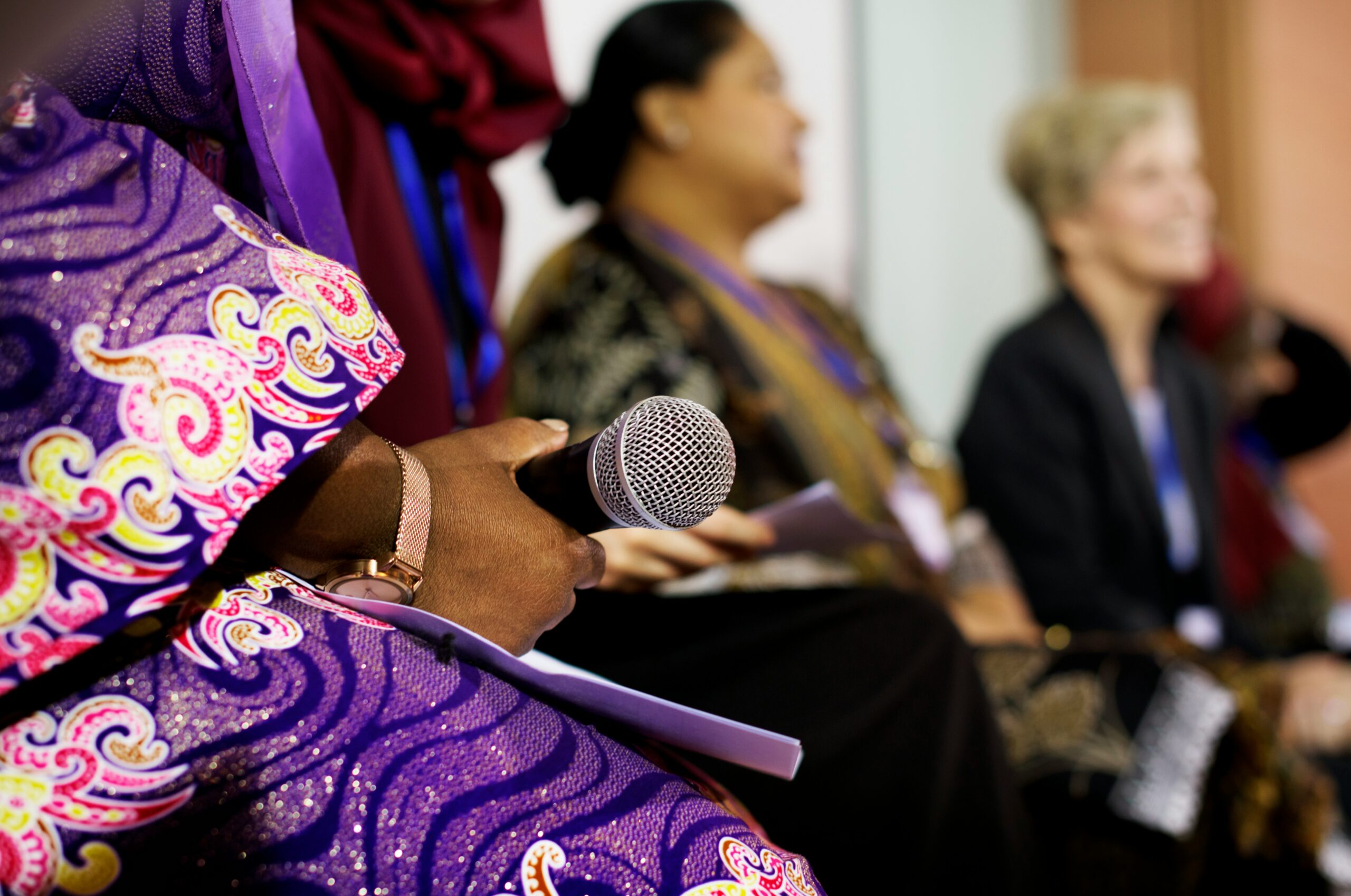
A World That Needs More Listeners
In an era of fast headlines and short attention spans, civic engagement and global dialogue often feel like distant ideals reserved for policymakers or experts. Yet, at its core, both begin with ordinary people choosing to listen, speak, and connect. Whether it’s a teenager raising awareness on climate change through TikTok or a retiree volunteering at a local town hall, these small acts ripple outward, influencing conversations far beyond their immediate circles.
Why Local Action Fuels Global Change
It’s tempting to think global dialogue only happens at international conferences or through speeches at the United Nations. But in truth, global conversations start locally. For example, a community discussion about water conservation in Arizona may mirror similar debates happening in rural India. By engaging in local action—whether attending city council meetings, participating in school boards, or supporting grassroots campaigns—we create the foundation for larger global conversations.
The Role of Storytelling in Civic Life
Stories remain one of the most powerful tools for shaping civic and global dialogue. A single story can humanize statistics, shift opinions, and open hearts. Consider how Malala Yousafzai’s story of fighting for girls’ education in Pakistan resonated with millions across continents. Or how a neighbor’s personal account of food insecurity can spark new initiatives at the community level. Storytelling turns abstract issues into relatable realities, and when shared responsibly, it creates bridges across cultures and generations.
Digital Platforms as Modern Town Squares
Social media often gets criticized for spreading misinformation, but when used thoughtfully, it can amplify civic engagement and global dialogue in remarkable ways. Think of how hashtags like #MeToo or #BlackLivesMatter transcended borders, prompting discussions from small towns to world capitals. For young people especially, digital platforms act as town squares where diverse voices find an audience. The key is balancing passion with fact-checking, ensuring the conversation remains constructive rather than chaotic.
Building Trust Across Divides
Engaging civically isn’t just about speaking—it’s about listening with respect, especially to those with different perspectives. In divided societies, trust becomes the rare currency that makes dialogue possible. Practical steps like hosting interfaith dinners, creating forums for bipartisan collaboration, or simply checking in on a neighbor with opposing views can reduce polarization. On a global scale, cultural exchange programs and citizen diplomacy projects do the same—building relationships that survive beyond political disagreements.
Everyday Ways to Take Part
Civic engagement doesn’t have to mean running for office or joining a protest. It can be as simple as voting in local elections, volunteering at a community garden, or supporting local journalism that holds leaders accountable. Globally, it might look like donating to disaster relief efforts, penning letters of solidarity, or joining online campaigns that promote human rights. The goal isn’t to do everything but to do something consistently—small, steady actions create lasting impact.
The Ripple Effect of Dialogue in Action
One overlooked truth is that global dialogue rarely produces instant solutions. Instead, it plants seeds. A youth summit on climate change may not end carbon emissions overnight, but it shapes future leaders who carry those ideas into their careers. A public forum on racial equity may not solve systemic problems immediately, but it encourages more inclusive policies down the line. Each conversation acts like a pebble tossed into water—the ripples travel farther than we realize.
Creating a Legacy of Connection
At the end of the day, civic engagement and global dialogue are less about grand gestures and more about building a legacy of connection. Imagine generations looking back, seeing that we chose to participate rather than stay silent. Whether through a local mentorship program, international student exchanges, or online spaces where diverse voices gather, every contribution adds a thread to a much larger tapestry. And that tapestry, stitched together by millions of ordinary citizens, is what strengthens both democracy and humanity.